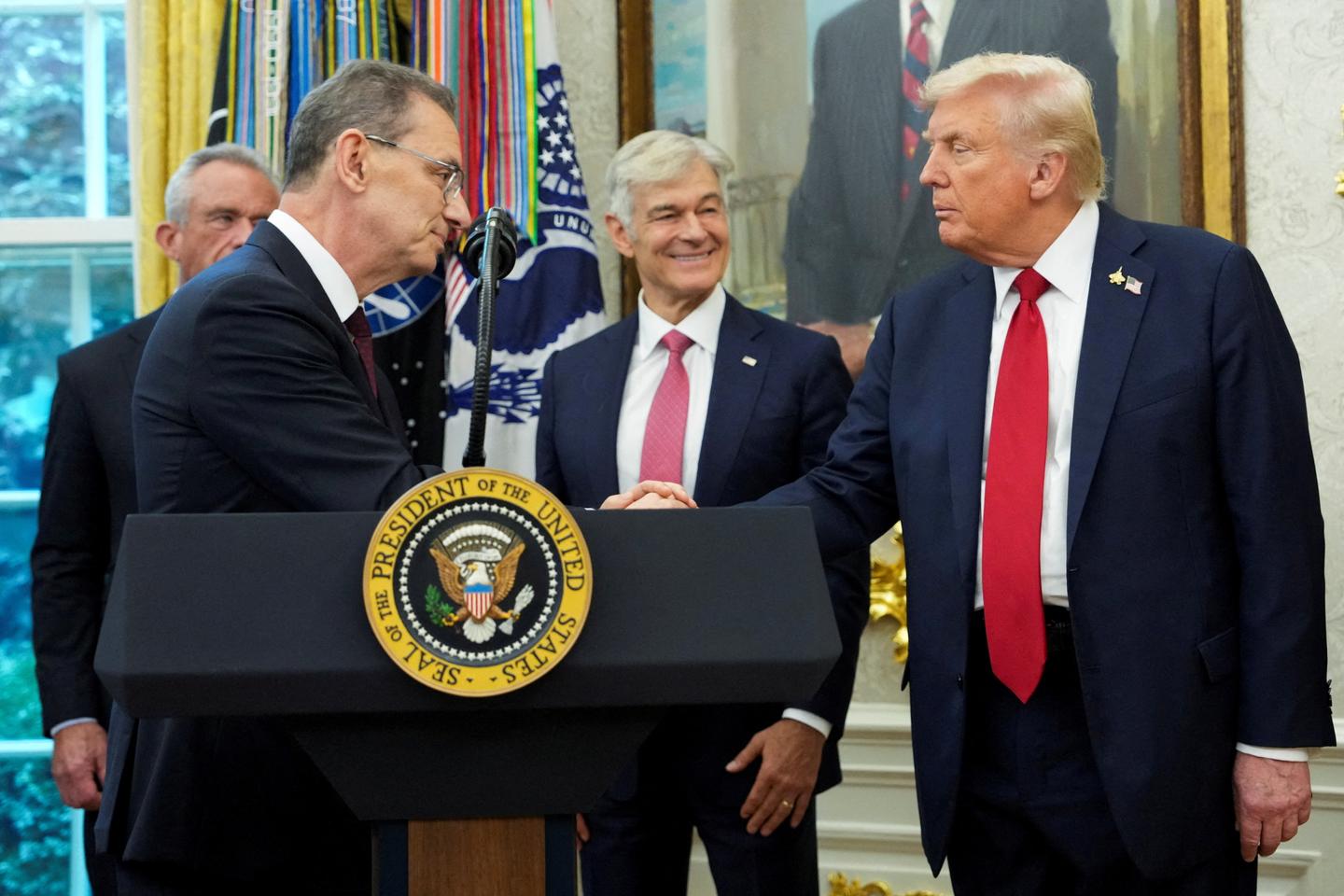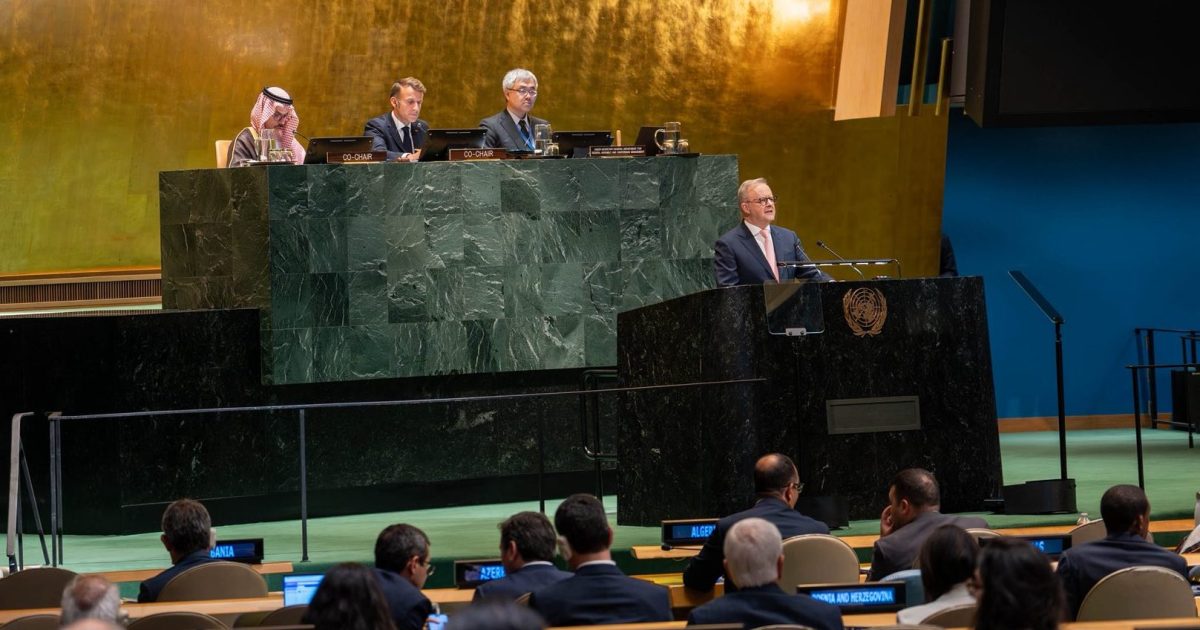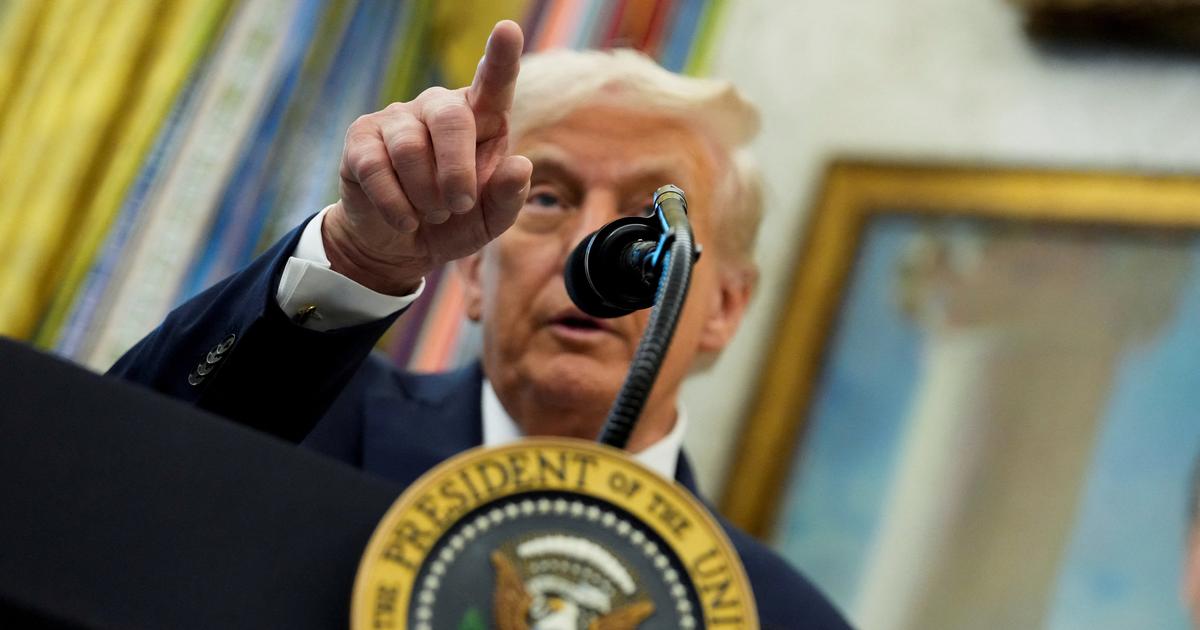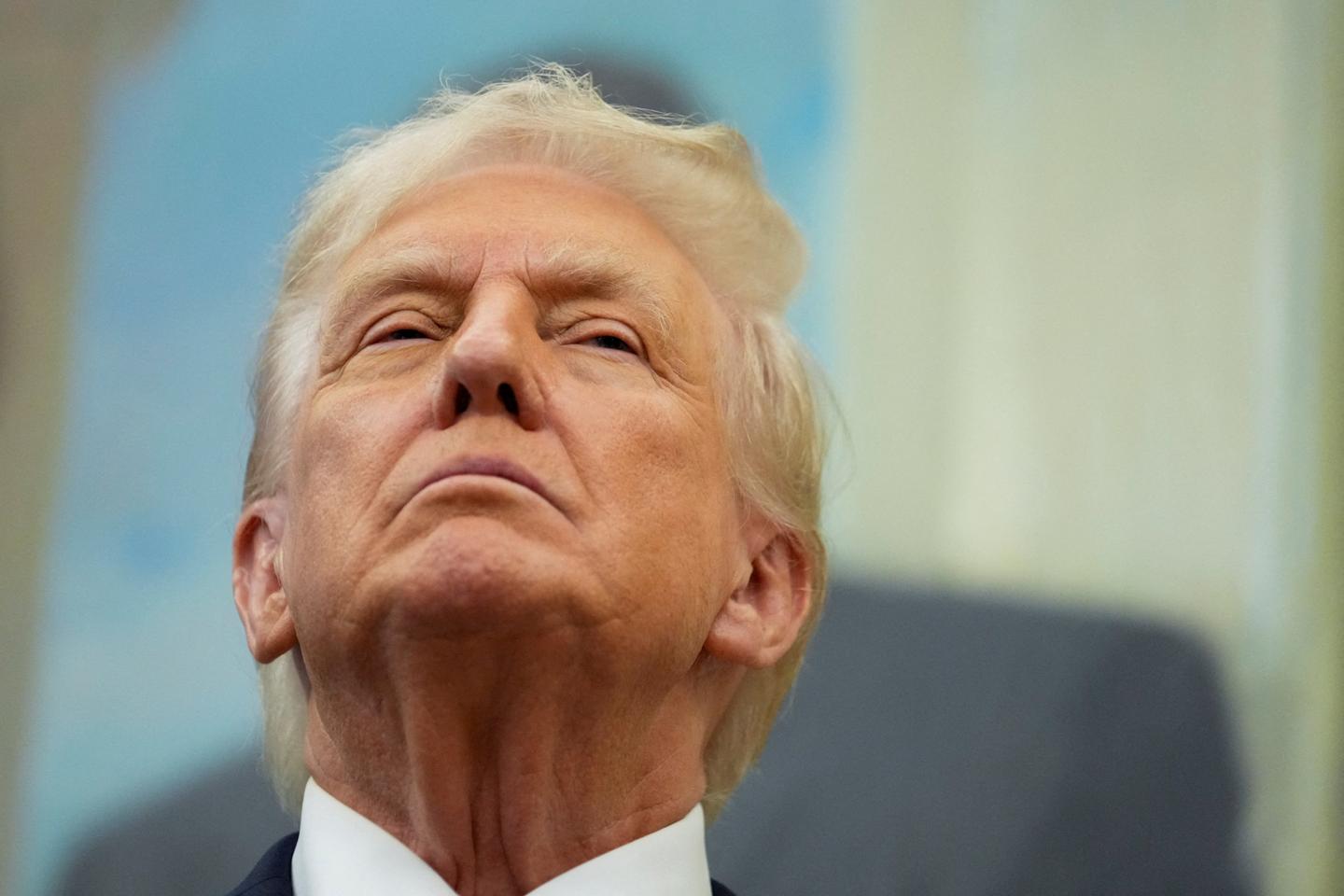Trump Administration and Pfizer Reach Landmark Drug Pricing Deal
In a move hailed as a significant victory, President Donald Trump announced a landmark agreement with pharmaceutical giant Pfizer to lower prescription drug prices in the Medicaid program. The deal, announced on Tuesday, aims to align U.S. drug prices with those in other developed nations. This initiative also involves the launch of a new website, TrumpRx, designed to facilitate direct-to-consumer drug purchases at discounted rates.
Key Components of the Agreement
The agreement centers on Pfizer offering "most-favored-nation" pricing to Medicaid, ensuring the lowest price available in comparable developed countries. In return, Pfizer receives tariff relief on its products and a three-year grace period from planned tariffs. Pfizer also commits to investing $70 billion in domestic research, development, and manufacturing.
- Most-Favored-Nation Pricing: Pfizer will match the lowest prices offered in other developed nations for Medicaid and guarantee this pricing on newly launched drugs.
- TrumpRx Website: A new government-run website will allow Americans to buy prescription drugs directly at negotiated prices.
- Investment in US Manufacturing: Pfizer plans a $70 billion investment in U.S. research, development, and manufacturing.
Impact and Market Reaction
The announcement spurred investor confidence, with Pfizer shares rising by over 6%. Other drugmakers like Eli Lilly, Merck, and Amgen also experienced stock increases. Analysts noted that limiting concessions to Medicaid minimized the industry's overall financial impact. A White House official characterized the rising Pfizer stock price as evidence that investors believe other countries will now “pay their fair share” as part of an international rebalancing of prices.
Akash Tewari, a Jefferies analyst, estimated that offering some new drugs at internationally comparable prices could cost Pfizer up to $723 million a year, amounting to just over 1% of Pfizer’s $63.6 billion revenue last year.
TrumpRx: A Direct-to-Consumer Initiative
The planned TrumpRx website aims to let Americans buy prescription drugs directly from the government at cash prices, bypassing insurers and middlemen. This is a significant shift towards a direct-to-consumer model, potentially delivering on long-standing promises to reduce prescription costs. Details on which drugs will be available are still unclear, but the focus will be on drugs from companies that agree to lower prices.
A Pfizer spokesperson called the move a “win for American patients,” providing stability to advance new medicines. A White House deputy press secretary highlighted the administration's proactive stance on healthcare prices.
Industry Perspectives and Potential Challenges
While hailed as a step forward, experts warn about potential challenges. Lowering prices could stifle innovation, and companies might raise prices abroad instead of cutting them at home. Michael F. Cannon, director of health policy studies at the Cato Institute, anticipates legal challenges, stating that any move by the president to compel lower prices will likely wind up before a judge.
Alex Schriver, senior vice president of public affairs for PhRMA, argued that importing foreign price controls would undermine American leadership, hurting patients and workers. Fred Ledley, a professor of science and management at Bentley University, noted that drug companies remain significantly more profitable than typical S&P 500 companies, suggesting potential for price cuts without harming them.
Looking Ahead
As the implementation of the Pfizer deal and the launch of TrumpRx progress, the long-term impact on drug prices and access remains to be seen. The success of TrumpRx will depend on the final drug list and pricing details. Health economists stress that the broader impact would be far greater if similar price cuts extended to Medicare. The industry will be closely monitored for any shifts in its investment and pricing strategies.
 Visit the website
Visit the website







